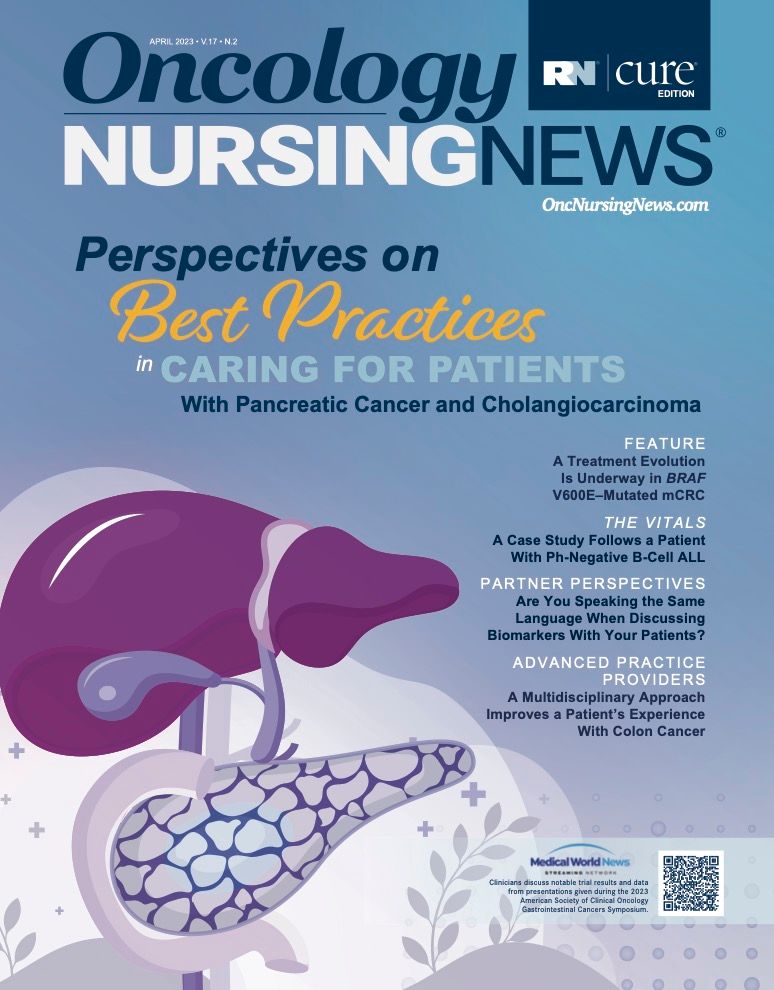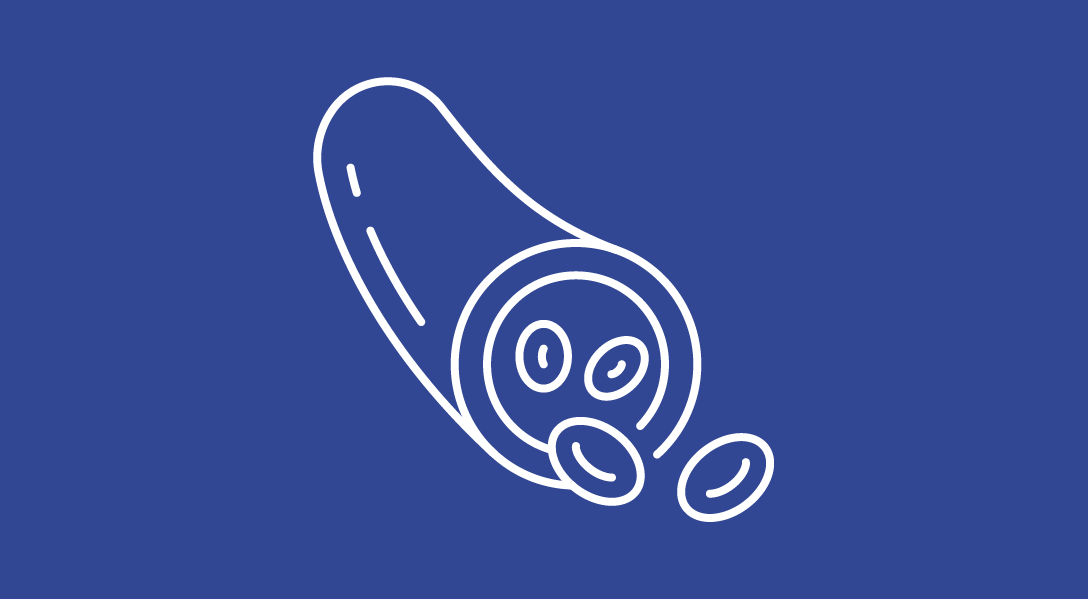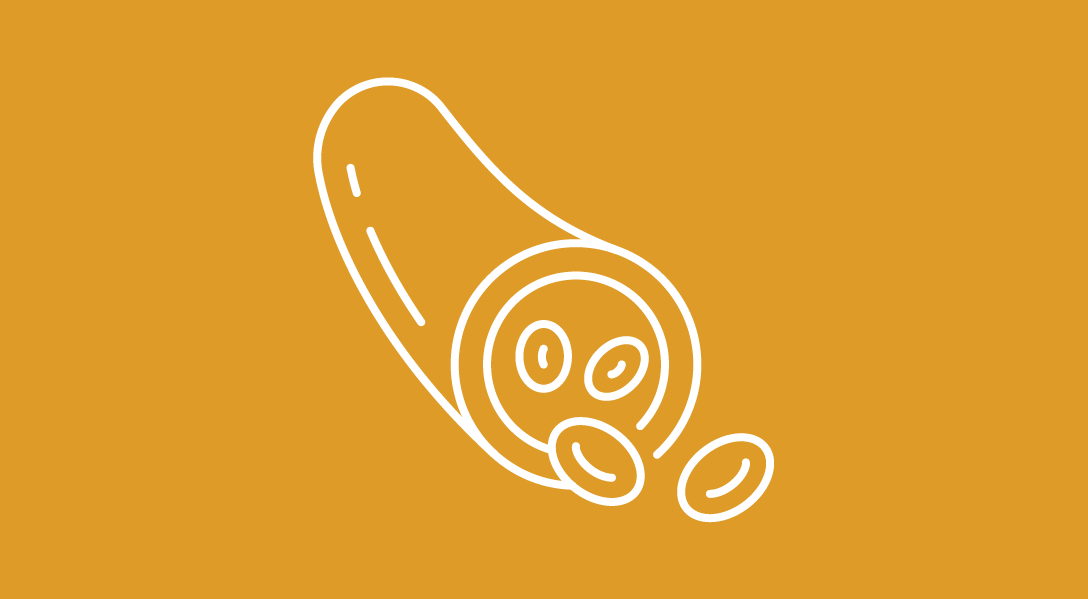Oncology Nursing Stories: Off-The-Shelf CAR T Therapy for Acute Lymphoblastic Leukemia
In this episode of The Vitals, Stephanie Jackson, DNP, MSN, RN, AOCNS, BMTCN, discusses the treatment journey of a patient who required multiple lines of therapy for ALL.
It takes a special skillset for nurses to care for patients whose disease continues to relapse after multiple lines of therapy, shares Stephanie Jackson, DNP, MSN, RN, AOCNS, BMTCN.
“I tell my younger staff who aren’t used to seeing patients this sick, ‘even if that patient doesn’t survive, what an honor for us to be a part of their journey,’” she tells Oncology Nursing News®.
For this episode of The Vitals, Jackson, an oncology and bone marrow transplant clinical nurse specialist and unit director at UCLA Medical Center, recalls the story of a patient with acute lymphoblastic leukemia (ALL) who relapsed following treatment with induction chemotherapy and whose disease did not respond to blinatumomab (Blincyto). The team chose to give this patient an off-the-shelf CD22-directed CAR T-cell therapy—which was successful, until the patient ultimately relapsed 6 weeks later.
Jackson emphasizes how, in addition to his physical symptoms, this patient was burdened by worry for his family. As the primary breadwinner in a family with a 2-year-old daughter, he was stressed about how to continue caring for his family. Moreover, he grappled with a language barrier prevented the patient from understanding the complexity of the treatments that the team was prescribing for him. Therefore, Jacksons’ team had to find innovative ways to ensure that the patient, and his family, felt well supported throughout his treatment.
“The biggest challenge we had was [ensuring] his understanding of how sick he really was, the complexity of the treatment, and that he wouldn’t be able to go back to work right away,” she says.
Episode Notes:
[The patient] presented with bone pain [and] was experiencing chronic fatigue, excruciating acute bone pain in his lower extremities, and low-grade fevers, which caused him to go into his hospital in his area. Fast forward, he had a bone marrow biopsy done [and] they diagnosed him with Philadelphia chromosome–negative ALL. Time stamp TS 2:13
Given that it’s a clinical trial [product], we don’t always know [what to expect]. We know with the FDA approved products, the 2 biggest factors we need to monitor patients for is cytokine release syndrome and neurotoxicity. These were the things we were watching for. TS 5:38
We did a lot of work with our social worker, he was Mixteca Alto, an indigenous population within the Mexican community, and we wanted to make sure we had the appropriate interpreters. TS 8:09
The Vitals Podcast:
- ASH Data Offer Treatment Direction for Oncology Nursing Professionals
- Oncology Nursing Stories: Acupuncture Helps Thyroid Cancer Survivor Taper Opioid Use
- Oncology Nursing Stories: Pregnancy After Lymphoma Chemoradiation
Oncology Nursing News® Online Articles
- Blinatumomab Plus Consolidation Chemotherapy Significantly Reduces Risk of Death in MRD-Negative B-Cell ALL
- FDA Approves Blinatumomab for Patients with Acute Lymphoblastic Leukemia and Minimal Residual Disease
- The Shifting Dynamics of Social Support After a Cancer Diagnosis
Video Interview
- Verina on Tackling Neurological Toxicities From CAR T-Cell Therapy
- Expert Weighs in on Future of CAR T-Cell Therapy Treatment Directions
Oncology Nursing News® Publication Features
- Preparing Patients for CAR T-Cell Therapy With Confidence
- The Future of CAR T-Cell Therapy: Will Off-the-Shelf Options Soon Enter the Playing Field?
- Navigator Offers Strategies to Support Non-English Speaking Patients
References
- Stock W, Luger SM, Advani AS, et al. A pediatric regimen for older adolescents and young adults with acute lymphoblastic leukemia: results of CALGB 10403. Blood. 2019;133(14):1548-1559. doi:10.1182/blood-2018-10-881961
- Phase 1/2 study of UCART22 in patients with relapsed or refractory CD22+ B-cell acute lymphoblastic leukemia (BALLI-01). ClinicalTrials.gov. Updated September 27, 2022. Accessed March 3, 2023. https://clinicaltrials.gov/ct2/show/NCT04150497

Survival Benefit, Durable Responses Continue at 3 Years With Liso-cel in Second-line LBCL
July 15th 2024Three-year findings from the TRANSFORM trial provide further evidence that liso-cel should be considered as the new standard of care along with other CAR T-cell therapies for patients with primary refractory or relapsed LBCL, an expert said.



